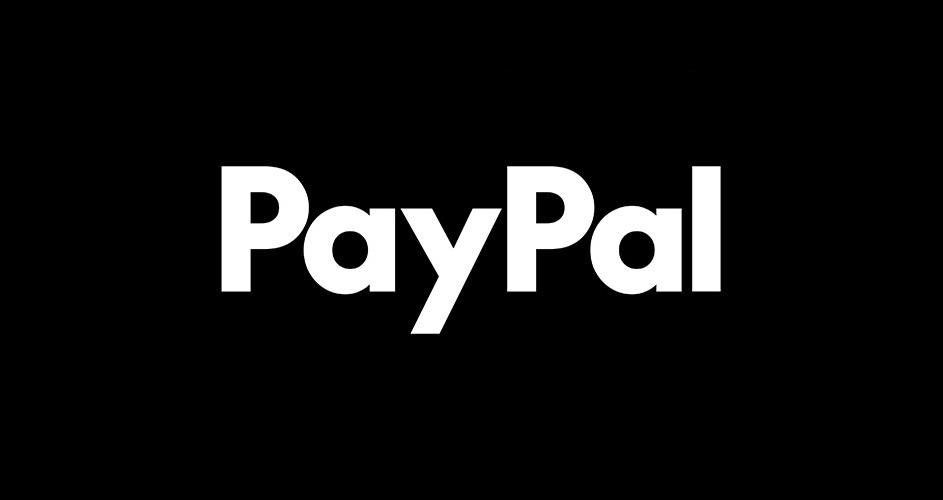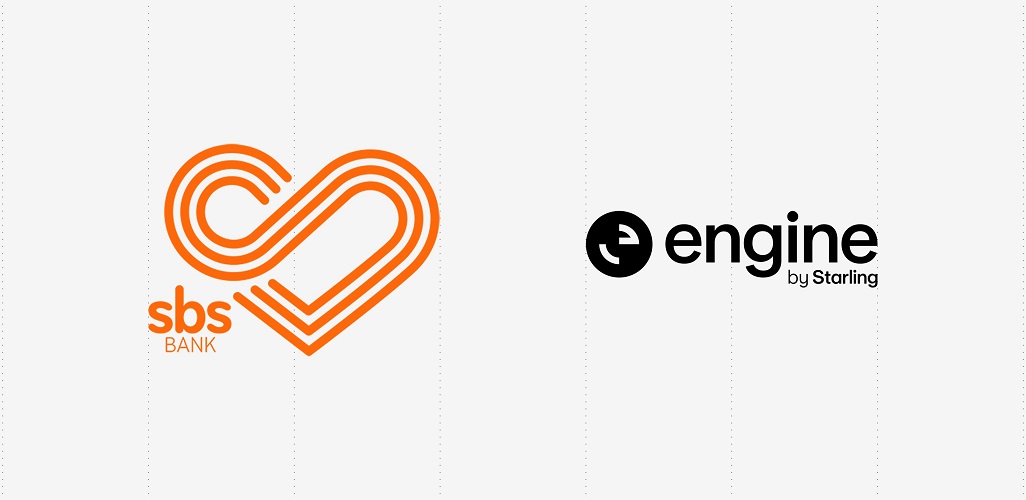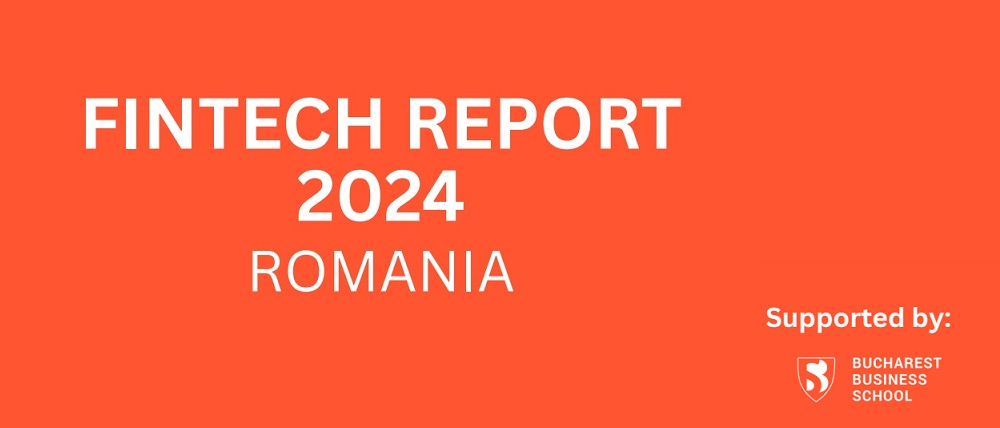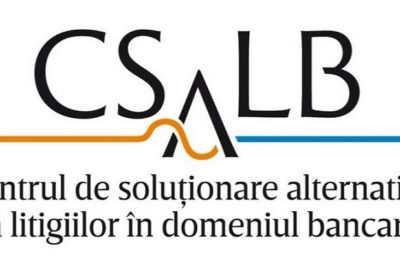The major provider of pan-European payment infrastructure solutions plans to offer Europe-wide instant payment processing services to PSPs by 2018
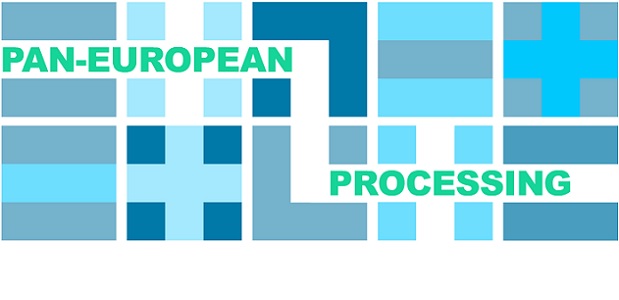
EBA CLEARING announced the kick-off of an Instant Payment Task Force to support the Company’s ongoing work on the creation of a panEuropean solution for instant payment processing. The major provider of pan-European payment infrastructure solutions is preparing for possible services geared at responding to instant payment-related demands by payment service providers (PSPs) in the infrastructure layer.
The task force, which convened for the first time last week, will in a first instance work on a roadmap and blueprint for the required deliverables. The group was set up by the EBA CLEARING Board in February 2015 and is composed of around 20 experts from EBA CLEARING user institutions.
With its instant payment initiative launched in 2014, the Company responds to a call for action by the Euro Retail Payments Board (ERPB), which has invited the supply side of the payments industry to help achieve an open and competitive market for instant payments in Europe.
Based on a vision document created by the European Central Bank (ECB), the ERPB has expressed a need for at least one pan-European instant payment solution for euro open to any payment service provider (PSP) in the European Union and has invited the supply side to make an assessment of the issues related to the delivery of any such solution.
“We have resolved to contribute to the supply side effort that a Europewide move to instant payments will require and we feel that a panEuropean collaborative effort is the best way forward to respond positively to the call for action by the ERPB and the ECB,” said Erkki Poutiainen, Chairman of EBA CLEARING.
“After an initial evaluation done in summer 2014, we put our instant payment initiative on a fast track in late 2014 following this call for action. Together with interested users, we have begun to define the roadmap 2015 – 2018 for the delivery of an inter-PSP infrastructure solution at a pan-European level and we are working on a blueprint setting forth one or more suitable solutions by mid-2015.”
The objective of EBA CLEARING is to provide its users and the wider industry with these initial deliveries in time to ensure that interested PSPs can take this planning into account when preparing their budgets for 2016.
According to finextra.com, EBA Clearing is not alone in coveting a space in the instant payments market. Belgian-based financial messaging network Swift is also exploring how best to deploy these capabilities as a standardised platform across multiple markets after bagging its first contract in Australia last year.
EBA CLEARING is a provider of pan-European payment infrastructure solutions. The Company was founded in 1998 and is owned by 60 of the major banks operating in Europe. EBA CLEARING manages the large-value payment system EURO1 as well as STEP1, a payment service for commercial transactions.
Since 2003, EBA CLEARING has also been managing the STEP2 platform, a pan-European payment infrastructure for mass payments providing full reach to all financial institutions across Europe processing credit transfers and direct debits in euro. More than 4,800 financial institutions in 34 countries are reachable via STEP2.
Dariusz Mazurkiewicz – CEO at BLIK Polish Payment Standard
Banking 4.0 – „how was the experience for you”
„To be honest I think that Sinaia, your conference, is much better then Davos.”
Many more interesting quotes in the video below:

